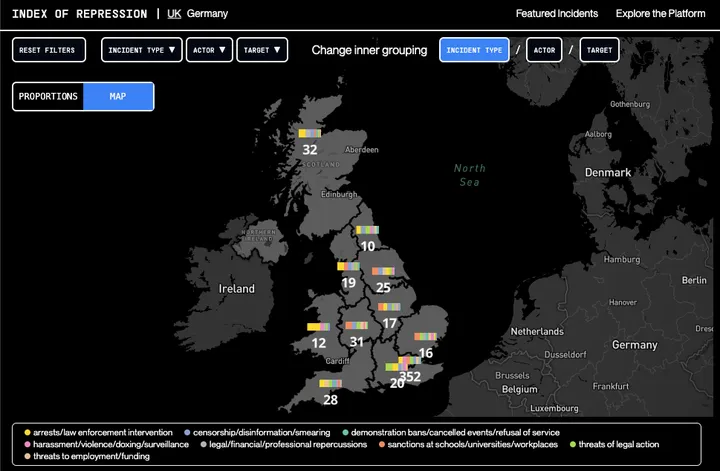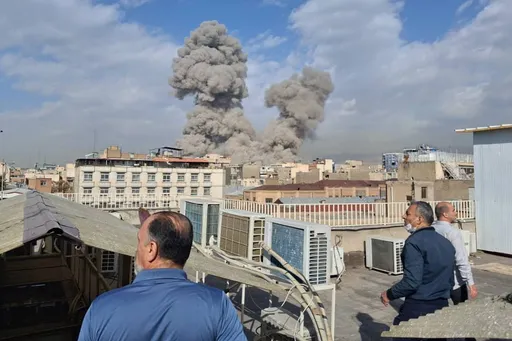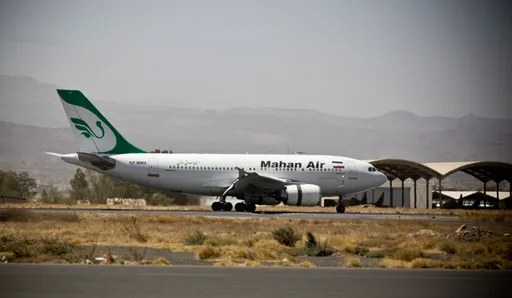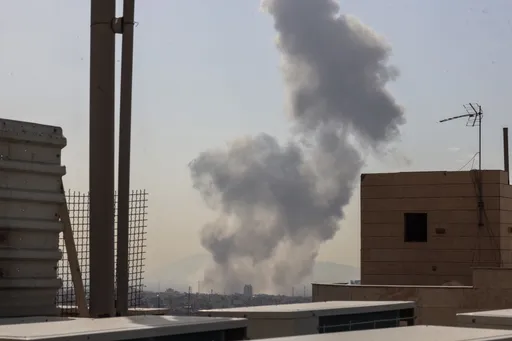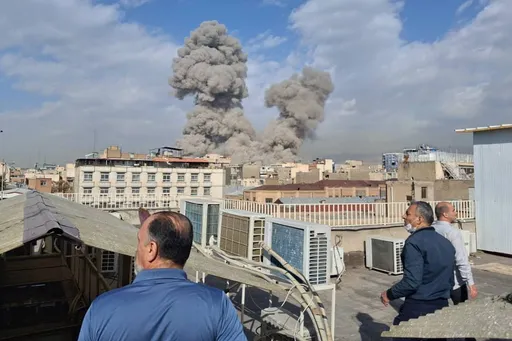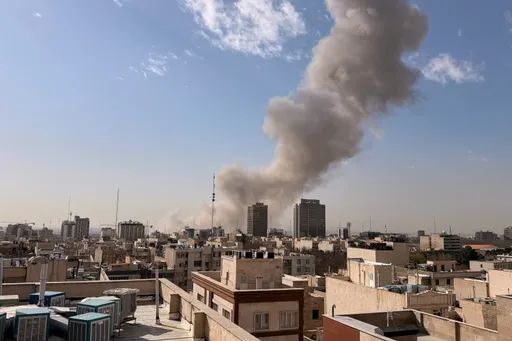Saudi Arabia’s King Salman has been admitted to a hospital in the capital, Riyadh, for medical tests due to inflammation of the gallbladder.
The 84-year-old king was "admitted today to King Faisal specialist hospital in Riyadh for some medical tests due to cholecystitis," inflammation of the gall bladder, the royal court said in a statement released by the official Saudi Press Agency on Monday.
Iraqi Prime Minister Mustafa al Kadhemi's scheduled visit to Saudi Arabia, which was due to start on Monday, has been postponed after the king's hospitalisation, according to the Saudi foreign minister.
End of an era?
It is rare for Saudi Arabia to report on the health of the ageing monarch, who has ruled the top oil exporter and the Arab world's biggest economy since 2015.
King Salman is considered the last Saudi monarch of his generation of brothers who have held power since the death of their father and founder of Saudi Arabia, King Abdulaziz.
His health is closely watched by observers because of the absolute powers he holds presiding over one of the world's top producers of oil and one of it's biggest economies.
Salman’s reign has been marked by quick, sweeping changes in a country accustomed to slow, gradual reforms. Since coming to power, he's taken the country to war in Yemen, hardened the kingdom's stance toward Shia rival Iran and severed ties with neighbouring Qatar.
Controversial successor
He's empowered his 34-year-old son, Crown Prince Mohammed bin Salman, as his successor. The crown prince's assertive and bold style of leadership, as well as his consolidation of power and sidelining of potential rivals, has been controversial.
With the support of his father, Prince Mohammed has transformed the kingdom in recent years, opening it up to tourists and eroding decades of ultraconservative restrictions in the society as he tries to diversify the Saudi economy away from reliance on oil exports.
The prince has also detained dozens of activists and critics, overseen the devastating Yemen war as defence minister and rounded up top members of the royal family in his quest for power.
The crown prince has been stalked by suspicion since the brutal slaying of Washington Post columnist and Saudi critic Jamal Khashoggi in late 2018. Khashoggi's killing inside the Saudi Consulate in Istanbul drew international condemnation and cast a shadow over Prince Mohammed — even as the kingdom insisted the crown prince had nothing to do with the killing, which was carried out by officials who worked directly for him.
The Saudi king has not been seen in public in recent months due to social distancing guidelines and concerns over the spread of the coronavirus inside the kingdom, which has one of the largest outbreaks in the Middle East. He has been shown, however, in state-run media images attending virtual meetings with his Cabinet and has held calls with world leaders, including as recently as Saturday with Kuwait's ruling emir.
King Salman, who oversees Islam's holiest sites in Mecca and Medina, was crown prince under King Abdullah and served as defence minister. For more than 50 years prior to that, he was governor of Riyadh, overseeing its evolution from a barren city to a teeming capital.




